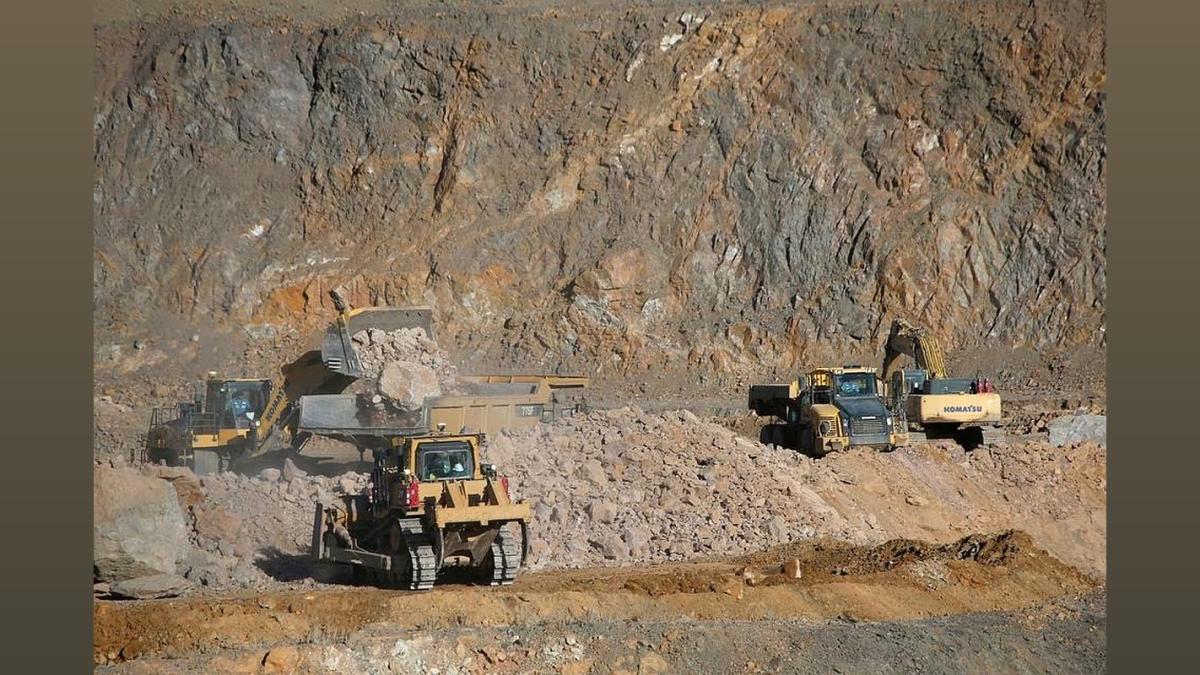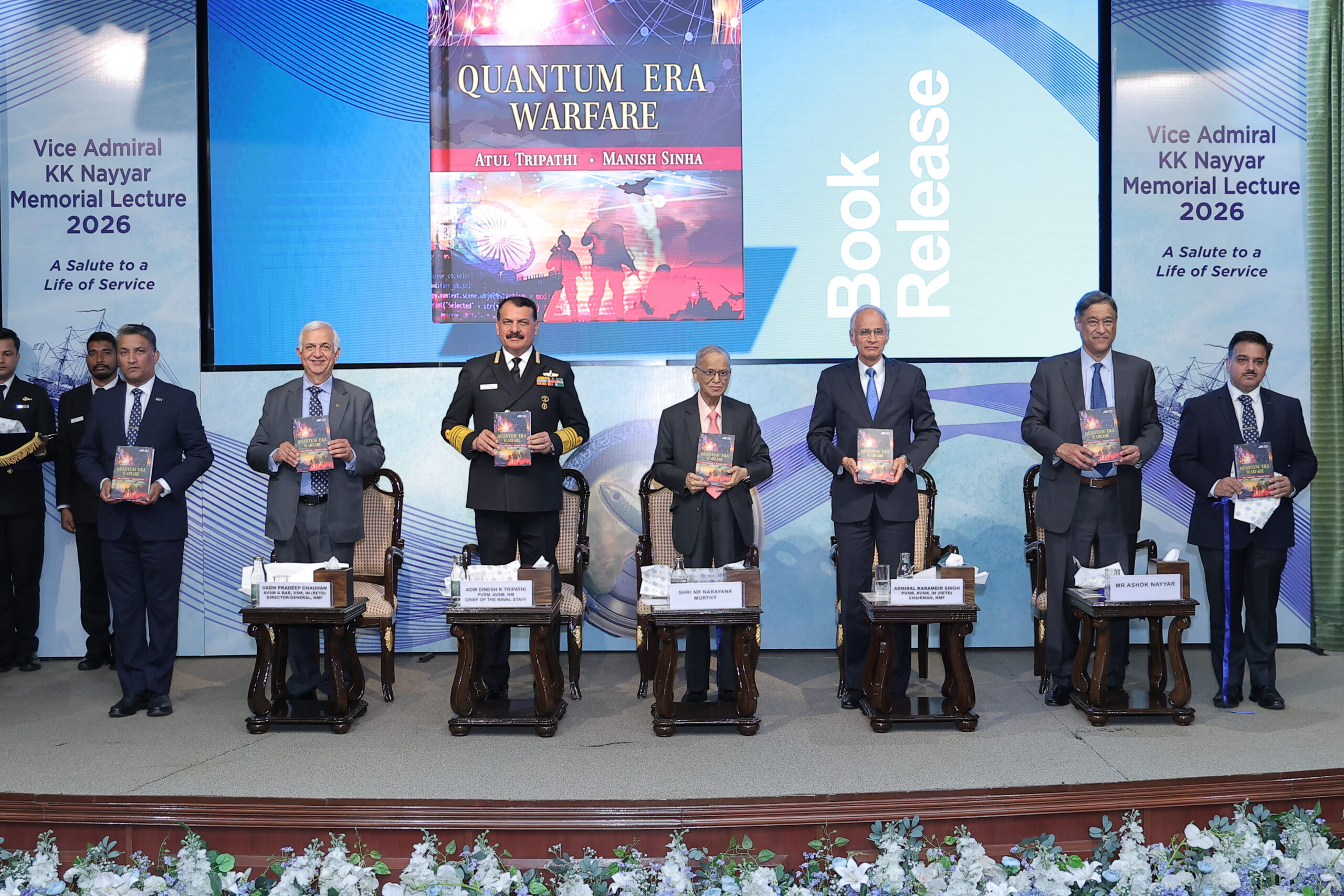The Geological Survey of India (GSI) strongly refutes the recent claims made in the newspaper “The Morning Standard” on 7th May 2025, under the caption “Potash reserve found, AAP Govt. says Centre discriminating on exploration.” GSI clarifies that decisions on exploration activities, including those pertaining to potash, are based entirely on scientific merit, geological data, and techno-economic feasibility—not on regional preferences.
GSI, a premier scientific agency under the Ministry of Mines, has been undertaking potash exploration in Punjab as part of its long-term national strategy. Potash-bearing formations in Punjab are part of the larger Nagaur-Ganganagar Evaporite Basin (NGEB), the majority of which lies in Rajasthan, with a smaller extension into Punjab.
GSI has carried out five reconnaissance (G4 stage) exploration projects in the districts of Ferozepur, Sri Muktsar Sahib, and Fazilka in Punjab since 1985-86. These studies revealed the presence of potash mineralization at significant depths ranging from 630 to 770 metres, primarily associated with halite, clay, and dolomite.
Two new G4 stage exploration projects have been taken up by GSI in the current Field Season 2025-26 in Rajpura-Rajawali and Gidranwali-Azimgarh blocks, Fazilka District, Punjab, covering 128 sq. km with 5100m of drilling across six boreholes. These projects were initiated based on the request of the Government of Punjab during the 64th meeting of the Central Geological Programming Board (CGPB), held in January 2025 at Bhubaneswar clearly demonstrating the GSI’s responsiveness to State inputs.
Exploration work in these two blocks is currently in progress, and based on the outcome and promising indicators, GSI will consider scaling up these blocks to G3 and G2 stages in future programmes. Additionally, GSI is undertaking gravity-magnetic surveys under its National Geophysical Mapping Programme (NGPM) in the region to delineate mineralised zones, given that the area is mostly covered by thick soil and Quaternary sediments.
GSI reaffirms its commitment to the mineral development of all Indian states, including Punjab. In addition to the ongoing potash projects, GSI has regularly included Punjab in its national exploration strategy.
GSI urges all stakeholders to appreciate that scientific exploration is a technical endeavour driven by geological evidence, resource viability, and national priorities.
****
Shuhaib T





